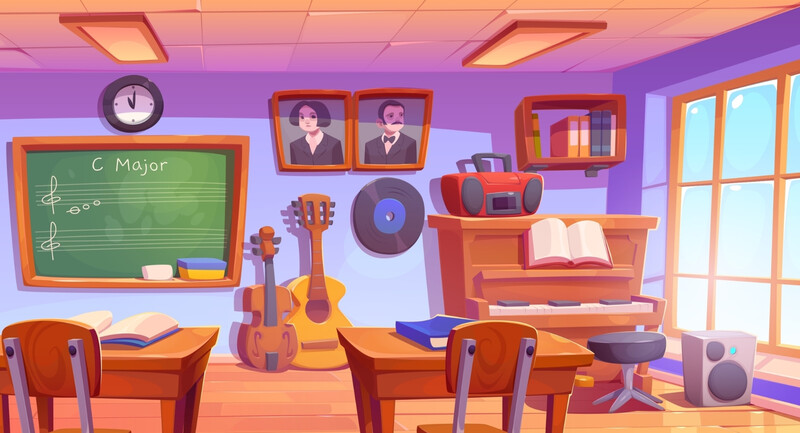Instructional feedback may not strike most people as a perennially "trending" topic, but it is among educators. We at ASCD know this from our web data, particularly with respect to one article. Grant Wiggins's "Seven Keys to Effective Feedback," published in Educational Leadership in September 2012, is easily one of our most-viewed articles of all time. Even today, nearly a decade later, it gets thousands of page views every month. It received nearly 5,000 this past January (an otherwise down month for us). That's a mighty long tail, to use the web-analytics lingo. Given these stats, we suspect many educators encounter Wiggins's article in education school courses and professional development materials. Many have likely turned to it as a source of guidance and, finding it helpful, passed it on to colleagues.
So what accounts for this article's appeal? One big factor is its practicality—or more precisely, its ability to link research and practice on a critical but often slippery topic. "Multiple researchers … have confirmed that providing students with actionable feedback is one of the most impactful actions for enhancing student performance," says Jay McTighe, who coauthored the Understanding by Design series with Wiggins. "In his article, Grant lays out the conditions for acting on this research to optimize the use of feedback in the classroom." It also helps that Wiggins's authorial voice conveys a certain authenticity or casual wisdom: You get the immediate feeling from his examples and explanations that this guy (1) knows what he's talking about and (2) is no stranger to classrooms. As McTighe puts it, Wiggins—who died in 2015—"combined a scholar's attention to research with a practitioner's focus on practical application. Plus, he wrote with great clarity based on personal experience."
Fittingly, Wiggins begins the piece by setting out a simple but uniquely apt definition: "Basically, feedback is information about how we are doing in our efforts to reach a goal." In this respect, feedback, he emphasizes, is not the same thing as giving advice or making a blanket value judgment, although it's often mistaken for one or the other—or both—in education and other areas (hello, fellow parents). True feedback simply conveys information about "the effects of [one's] actions as related to a goal."
Stripped-down and elemental as it may seem, this definition is central to the now-famed "seven keys" Wiggins proceeds to lay out. The most constructive feedback for teachers and students, he writes, is:
Goal-referenced: It pertains to a specific—and clear—goal the person is working toward.
Tangible and transparent: It's clearly connected to results or actions related to the goal.
Actionable: It provides concrete, specific, useful information the recipient can act upon. (" 'Good job!' and 'You did that wrong' and B+ are not feedback at all.")
User-Friendly: The person can understand the feedback and is not overwhelmed by too much of it.
Timely: It comes at a point when the recipient can still use it (a particular challenge in education, where "vital feedback often comes days, weeks, or even months after the performance").
Ongoing: It gives the person multiple opportunities to use it "in real time." (Think about how kids get better at video games, Wiggins advises.)
Consistent: It is "stable, accurate, and trustworthy"—and doesn't change from classroom to classroom.
Of course, Wiggins doesn't just list these qualities. He discusses each in depth and offers helpful examples and pointed observations, including on using video to accurately appraise performance, avoiding "opaque" comments on student work, and "counting" in classroom observations. Along the way, he makes relatable references to baseball, tennis, his daughter's track performance, and Guitar Hero and Angry Birds. (Remember, this was 2012.)
A key subtheme of the article, meanwhile, is the need for educators to create more time for feedback, and Wiggins offers several ideas for doing this. For Wiggins, this was not an abstract or trivial concern. As his article illustrates, he believed strongly in the wisdom of "less teaching, more feedback."









